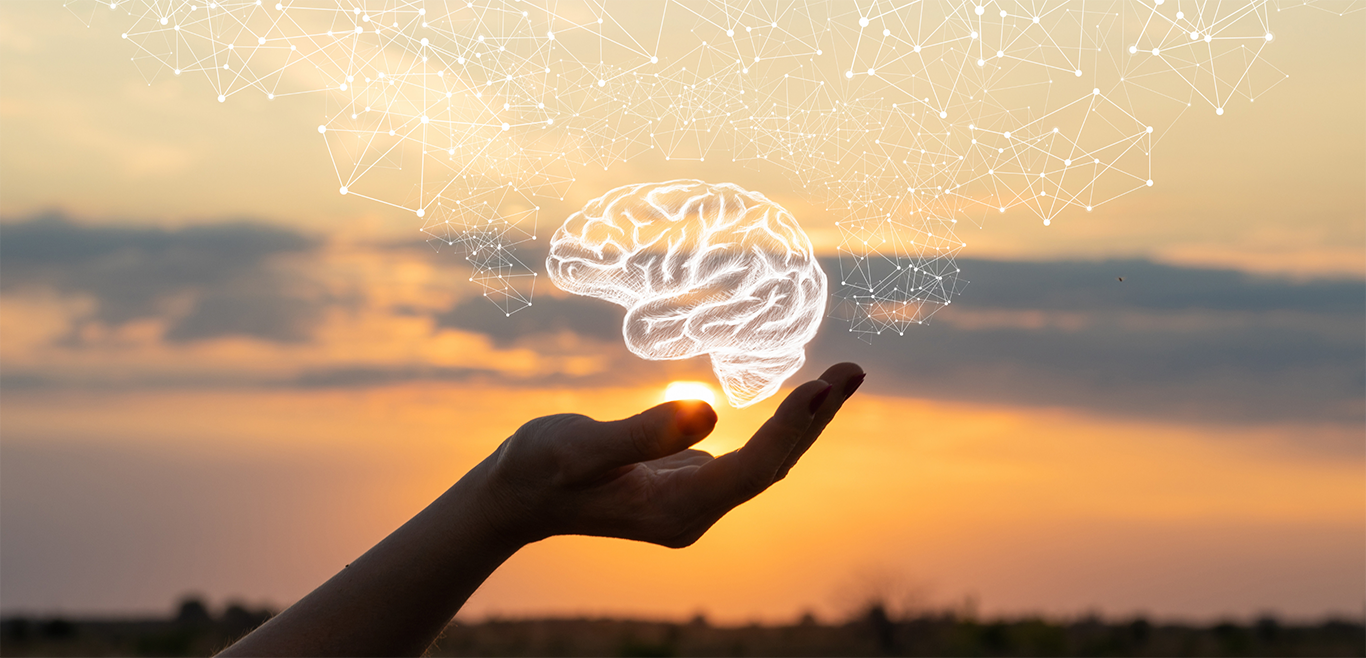7 Ways to Improve Adult Cognitive Function at Home
In the simplest of terms, your “cognitive functions” are your mental abilities. There are numerous examples of cognitive functions, including:
- Memory
- Problem-solving
- Attention
- Use of language
- Perception
- Pattern recognition and more
It is easy to see that these functions are all very important. They affect your ability to learn, to work, to drive, to hold conversations, to cope with life’s setbacks — to accomplish virtually everything.
It is a common misconception that once we reach adulthood, there is little we can do to improve our cognitive functions. This is simply not true. There is plenty you can do, even at home, that will improve your mental abilities. These, in turn, could have a hugely positive impact on every aspect of your life.
Read on and learn how to make your brain faster and smarter.
How to improve your cognitive skills
Activities designed to improve various aspects of your cognitive abilities are often called “brain training.” In most cases, you can think of these activities as exercises to strengthen your brain, just like physical exercises strengthen your body. There are lots of examples discussed below.
Neurofeedback therapy is a tech-based brain training solution for improving cognitive function. You will need to either attend a professional setting to benefit from it or have a specialist come to your home. Let’s learn more about it.
Neurofeedback therapy
This is a proven and non-invasive treatment for improving cognitive functions. Neurofeedback therapy involves the use of EEG monitoring in a comfortable, relaxing and non-clinical environment. Lots of people find it fun and engaging and it is incredibly simple.
Sensors are attached to your scalp; exactly where depends on the part of the brain you wish to train. These sensors record your brain waves and give real-time feedback on brain activity. Next, a favorite show is put on a screen. When your brain behaves well, it is rewarded with a brighter picture and clearer sound.
Through this simple training, your brain quickly learns to self-regulate its functions and apply improved skills in the real world. And despite its simplicity, it works very well. Even NASA has used it to improve the cognitive functions of their astronauts.
DIY cognitive activities for adults
Here are some complementary, easy-to-follow activities that you can do at home. Almost all of them are fun activities people already choose for leisure. And lots of them could make a big difference if you devote just a few minutes to these each day.
1. Chess
Playing chess nurtures the skills of paying careful attention and of thinking strategically. Regularly playing this fascinating game is proven to boost problem-solving abilities.
2. Sudoku
This simple-looking and quick-to-play puzzle from Japan is great for memory function and problem-solving. It’s also good for concentration, particularly if you play against a time target. Try completing one every day for a regular brain boost.
3. Scrabble, crossword puzzles and other word games
Word games aren’t just good for expanding your vocabulary; they also boost memory and concentration.
4. Learning a language
Learning an additional language can be hugely beneficial for travel, work and communication. But did you know it is also incredible exercise for your brain? Language learning develops focus, memory and mental flexibility.
5. Playing a musical instrument
Playing an instrument is not just fun, sociable and relaxing; it is also excellent brain exercise. Musicians have brilliant multisensory skills. They must process sight, sound and touch at the same time. Playing instruments also improves memory and focus.
And if you learned an instrument in childhood, there’s good news, too. Researchers from the University of Kansas Medical Center found that getting music lessons at a young age could slow down cognitive decline many decades later.
6. Making art and crafts
Making time to draw, paint, craft or even just color is excellent for improving focus and brain resilience. Not only are artistic pursuits great for stress relief, but they also help the brain’s ability to be creative and solve problems.
7. Brain training apps
Brain training apps for your smartphone or tablet are great for on-the-go brain exercises. There are lots available and most are a collection of mini-games designed to stimulate various cognitive functions. These apps are ideal for a quick training session during your commute, while you wait in the doctor’s office, or anytime you have five minutes to fill.
Why we should all work on cognitive functions
For many of us, improving our cognitive function means improving our brain’s performance to its fullest potential so that we can experience greater levels of success in various aspects of life, including our education and career.
However, the benefits are potentially wider-ranging than this. Many people who may be experiencing the difficulties listed below could benefit from brain training. In these situations, brain training, and neurofeedback therapy in particular, has been found to make a significant difference.
- ADHD
- Anger management problems
- Anxiety and depression
- Cognitive decline in older adults
- Learning disabilities
- Memory loss
- Migraines
- Sleep disorders
- Stress
Why not start devoting some time each day to an enjoyable brain training activity? With regular (even daily) practice, you may quickly notice that you are better focused and that you feel mentally fitter.
If you want proven results, then neurofeedback therapy is ideal for sharpening your mind. Get in touch with our team at Evolve Brain Training today to find out how we can create a program to suit your goals.

Dr. Upasana Gala is the founder and CEO of Evolve Brain Training, a Neurofeedback-centered institute that focuses on using non-invasive brain training techniques to maximize the brain's true potential.





